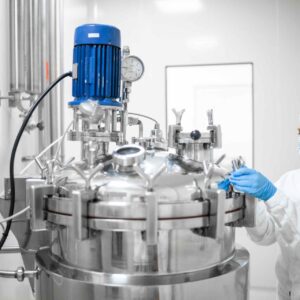Register For Module 1 | Free-To-Attend
Module 1 of this course is free to attend and delivered online. Register to receive joining instructions for the live event, recording and presentation slides.
Original price was: £1,495.00.£1,095.00Current price is: £1,095.00.
The price is for all four sessions | Register for Module 1 | Free
Master and implement different biopharmaceutical tech transfer & scale-up techniques
Module 1 of this course is free to attend and delivered online. Register to receive joining instructions for the live event, recording and presentation slides.
Discount has been applied to the price above. VAT, if applicable, will be added.
Learn more about the course by toggling through the tabs below. Scroll down to view the agenda, trainer info and who should attend.
Learn more about the course by toggling through the tabs below (Agenda, Trainer and Who Should Attend?)
 This product has multiple variants. The options may be chosen on the product page
This product has multiple variants. The options may be chosen on the product page
 This product has multiple variants. The options may be chosen on the product page
This product has multiple variants. The options may be chosen on the product page
Educo Life Sciences –
This is a new course – Reviews will be added after the first delivery!
Gnosis Bioresearch SA (verified owner) –
The quality of the course content was excellent, and the teacher was very inspiring.
Biocad –
N/A
Zentraxa Limited –
Yes
Zentraxa Limited –
n/a